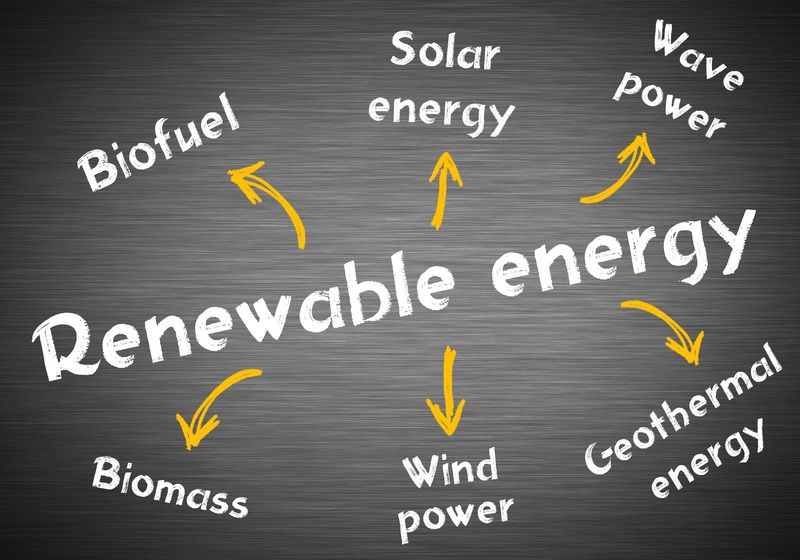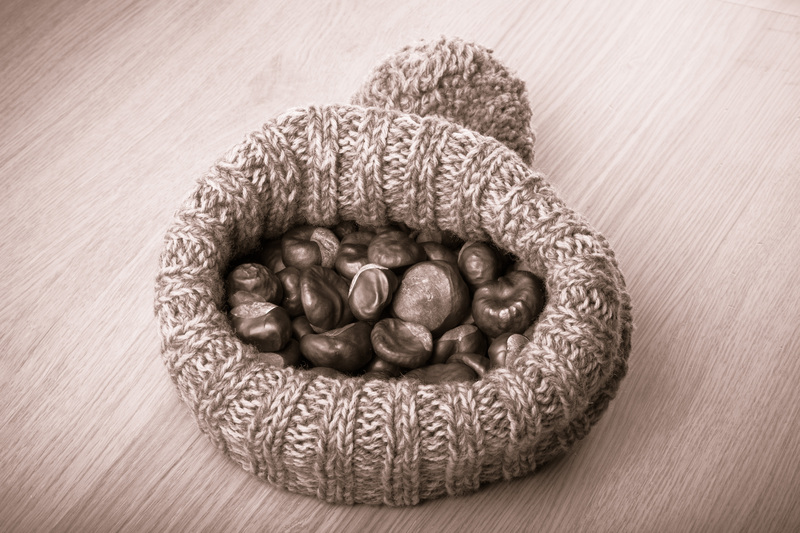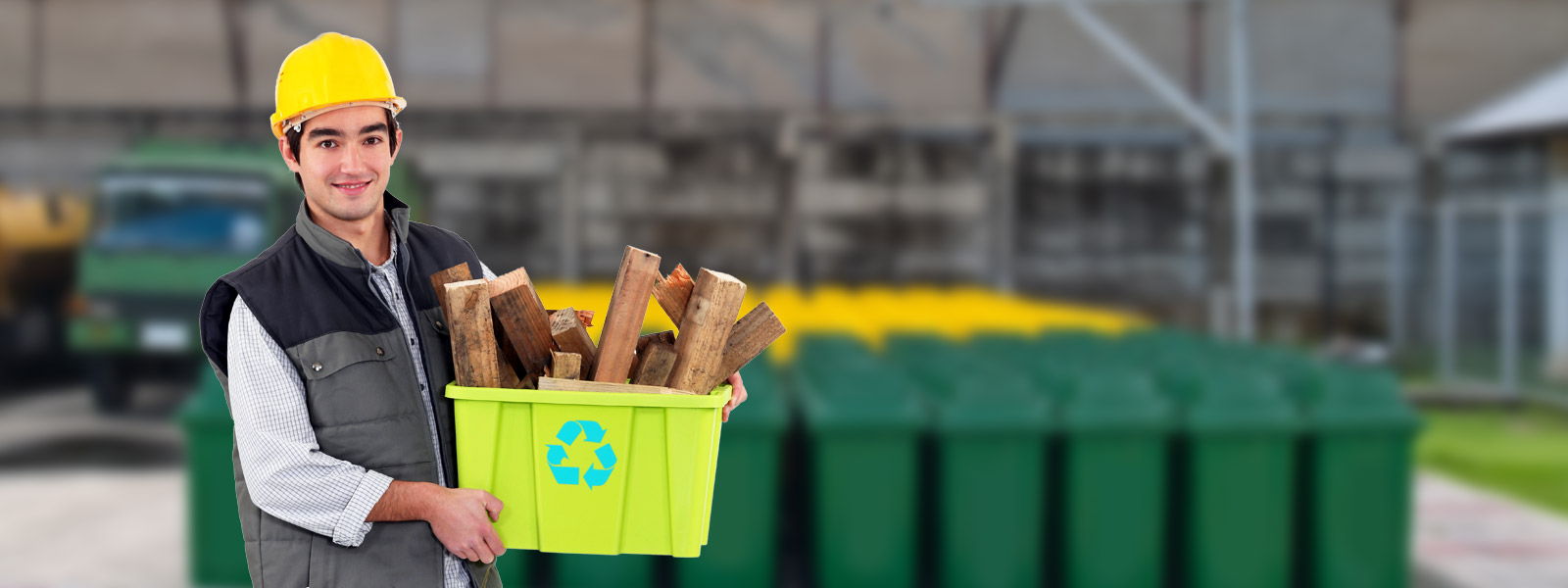Find Joy in Less: A Guide to Minimalist Living and Decluttering
Posted on 01/10/2025
Find Joy in Less: A Guide to Minimalist Living and Decluttering
Minimalism is more than just a passing trend--it's a transformative lifestyle choice that can lead to increased happiness, reduced stress, and a deeper appreciation for the things that genuinely matter. In this comprehensive guide to minimalist living and decluttering, you'll learn practical steps to simplify your life, reclaim your space, and truly find joy in less.
What Is Minimalist Living?
Minimalist living, sometimes known as living with less, focuses on the idea that happiness isn't found in material possessions but rather in life's experiences and relationships. At its core, minimalism is about intentionally choosing what brings you joy and purpose and removing the excess that distracts you from those priorities.
Key Principles of Minimalism
- Intentionality: Choosing to own and do things that serve a purpose or bring happiness.
- Simplicity: Reducing excess and streamlining routines for a clearer mind.
- Freedom: Letting go of unnecessary items, obligations, and mental clutter.
- Mindfulness: Being present and appreciating what you have.
- Quality over quantity: Investing in fewer, higher-quality items rather than many low-value possessions.

Why Embrace Simplified Living?
Modern life often encourages us to collect more belongings, but this pursuit of "more" can lead to clutter, stress, and even anxiety. When you start decluttering and adopting a minimalist lifestyle, you unlock several benefits:
- Reduced stress and overwhelm: Less clutter means less cleaning, organizing, and managing.
- More time and energy: Fewer possessions free up resources for your passions and relationships.
- Financial freedom: Intentional consumption leads to less spending and fewer regrets.
- Environmental impact: Consuming less is better for the planet and promotes sustainability.
- Deeper gratitude: Appreciating what you have brings more satisfaction and happiness.
The Relationship Between Decluttering and Joy
Finding joy in less isn't simply about getting rid of things. It's about redefining value in your life, understanding what serves you, and removing what doesn't. Each time you clear physical or mental space, you make room for what truly matters. Decluttering is the actionable side of minimalist living--it involves consciously reviewing possessions, habits, and even relationships with the goal of enriching your life.
Practical Steps to Begin Minimalist Living
While the idea of living simply sounds appealing, starting your journey can feel overwhelming. Follow these actionable steps to begin experiencing the joys of minimalism:
1. Define Your Why
Every meaningful lifestyle change begins with a clear purpose. Ask yourself:
- What do I hope to gain by living with less?
- Which areas of my life feel cluttered or overwhelming?
- How do I want my life and home to feel?
Writing down your reasons keeps you motivated and focused during your minimalist journey.
2. Start With a Small Decluttering Project
Begin in one area--perhaps a drawer, wardrobe, or your digital files. Focus on removing items that no longer serve you. Ask:
- Have I used this in the last year?
- Does this item contribute to my life or is it just taking up space?
- Would I buy this again given the choice?
3. Apply the One-In-One-Out Rule
Minimalism is about maintaining balance. For every new item you bring into your home, let go of another. This keeps your spaces clutter-free and ensures you only keep what is necessary or brings you happiness.
4. Focus on Quality, Not Quantity
Instead of filling your life with many things, focus on owning fewer, high-quality items that last longer and add real value. This approach is part of mindful, minimalist living and helps reduce waste and save money in the long run.
5. Create Dedicated Spaces
Organization is easier when everything has its place. Assign homes for your belongings and keep surfaces clear. Visual simplicity has a calming effect and makes cleaning more manageable.
6. Digitize Where Possible
Reduce physical clutter by storing documents, photos, and notes digitally. Unsubscribe from emails you don't read and delete unused apps to create digital minimalism in your day-to-day life.
7. Reevaluate Regularly
Minimalist living is a continuous journey, not a one-time event. Schedule periodic reviews of your belongings, habits, and commitments. Ask yourself if they still align with your values and aspirations.
Decluttering Tips for Every Room
Minimalism in the Living Room
- Keep only the furniture you truly use and love.
- Store or donate decorative items that do not serve a functional or sentimental purpose.
- Hide electronics and cables to maintain a clean visual space.
- Select a few meaningful art or decor pieces instead of overcrowding your walls.
A Simplified Bedroom
- Reduce clothing to pieces you wear regularly and truly enjoy.
- Opt for simple bedding and limit unnecessary throw pillows and blankets.
- Clear nightstands, keeping only your essentials (lamp, book, alarm clock).
Streamlining the Kitchen
- Keep countertops clear by storing appliances you don't use daily.
- Let go of duplicate utensils, cookware, and expired pantry items.
- Organize items by frequency of use and invest in multipurpose tools.
Minimalist Bathroom Solutions
- Dispose of expired or unused cosmetics and medicines.
- Limit bath towels and linens to what is necessary.
- Store products in baskets or trays for simple, effective organization.
Decluttering Digital Spaces
- Unsubscribe from unwanted emails and newsletters.
- Organize files and delete duplicates from your devices.
- Minimize social media use to channels that enrich your life or inspire you.
The Emotional Benefits of Minimalist Living
Minimalist living offers much more than a tidy house. As you declutter your environment, you also clear emotional and mental space that allows for deeper relaxation, improved focus, and stronger relationships. Many people report decreased anxiety and a greater sense of personal freedom as they pare down possessions and obligations.
Less truly can be more. As you let go, you make room for life's joys and blessings to become more visible and meaningful.
Common Challenges and How to Overcome Them
Transitioning to a more minimal lifestyle comes with challenges. Here's how to address some of the most common obstacles:
1. Sentimental Items
It's easy to feel guilty about letting go of gifts, heirlooms, or keepsakes. Remember, the memory lives within you, not the item. Consider:
- Taking a photo of meaningful objects before letting them go.
- Keeping a select few items and finding ways to display or use them.
- Donating to someone who will appreciate and use the item.
2. Fear of Needing Something Later
This mindset often keeps us holding onto things "just in case." Ask yourself:
- How likely is it that I'll truly need this?
- Could I borrow, rent, or repurchase one if necessary?
- Does the cost of storing this item outweigh its value?
3. Overwhelm
Start small and pace yourself. Remember, decluttering is a marathon, not a sprint. Celebrate each win and stay focused on your "why."
Minimalism Beyond Decluttering: Living With Intent
Minimalism extends to all aspects of life--not just the physical. Consider simplifying your:
- Schedule: Prioritize activities that align with your goals and say no to unnecessary commitments.
- Relationships: Invest time in nourishing, meaningful connections.
- Pursuits: Focus on passions that bring fulfillment rather than spreading yourself too thin.
As you apply these principles, you'll find that a healthy, minimalist lifestyle leads to greater happiness and overall well-being.
How to Maintain a Minimalist Lifestyle
Once you've decluttered, it's important to maintain the progress and avoid falling back into old habits:
- Schedule regular "declutter days" each season
- Reflect on new purchases before making them
- Keep your vision and motivations visible--post them on your fridge or in your journal
- Share your journey and inspire others. Accountability helps reinforce your habits
Minimalist Living Inspired by Different Cultures
Many cultures embrace forms of minimalist living. For example, the Japanese concept of Ma celebrates negative space and simplicity, while the Danish term Hygge is all about creating coziness with few, cherished items.
Adopting minimalist philosophies from around the world can add richness and depth to your own approach, helping you truly find joy in less.
Minimalism for Families and Shared Spaces
Minimalist living is not only for singles or couples. With some adjustments, families can benefit from simplified spaces and routines too. Encourage each family member to participate in decluttering, respect each person's treasured items, and create common areas that reflect collective values.
- Teach children mindful consumption by involving them in donation and sorting
- Streamline routines for smoother mornings and less chaos
- Prioritize shared experiences over material gifts
Frequently Asked Questions About Minimalist Living
- Is minimalism about owning the least possible?
No, it's about intentionally owning what you need and love, rather than adhering to a set number of possessions. - Can I practice minimalism on a budget?
Absolutely! Minimalism often saves money as you buy less and avoid unnecessary purchases. - Will minimalism work for my family or roommates?
Yes. While compromises are sometimes necessary, clear communication and shared goals can help smooth the process. - Is it possible to be a minimalist and still have hobbies or collections?
Yes! Minimalism is about intention. If a collection brings true joy, it can absolutely be a part of your minimalist lifestyle.

Resources for Further Exploration
- Books: The Life-Changing Magic of Tidying Up by Marie Kondo, Goodbye, Things by Fumio Sasaki
- Documentaries: Minimalism: A Documentary About the Important Things, Tidying Up with Marie Kondo
- Websites: The Minimalists, Becoming Minimalist
Conclusion: Rediscover Happiness in Simple Living
Minimalist living and decluttering are empowering choices that can enrich your life in unexpected ways. By reducing the physical and mental clutter that weighs you down, you create space for greater peace, clarity, and happiness. Whether you begin with a single drawer or your entire home, the journey of minimalist living is a rewarding path toward finding joy in less.
Are you ready to embrace simplicity and discover the happiness that comes from a life well-edited?
Latest Posts
Unlocking the Secrets of Sustainable Pot Disposal
Simple Steps to Curtail Your Use of Plastic Products
Stress Less: Transform Your Space, Transform Your Mind
 House clearance
House clearance Rubbish collection
Rubbish collection








 020 3744 6462
020 3744 6462 020 3744 6462
020 3744 6462


